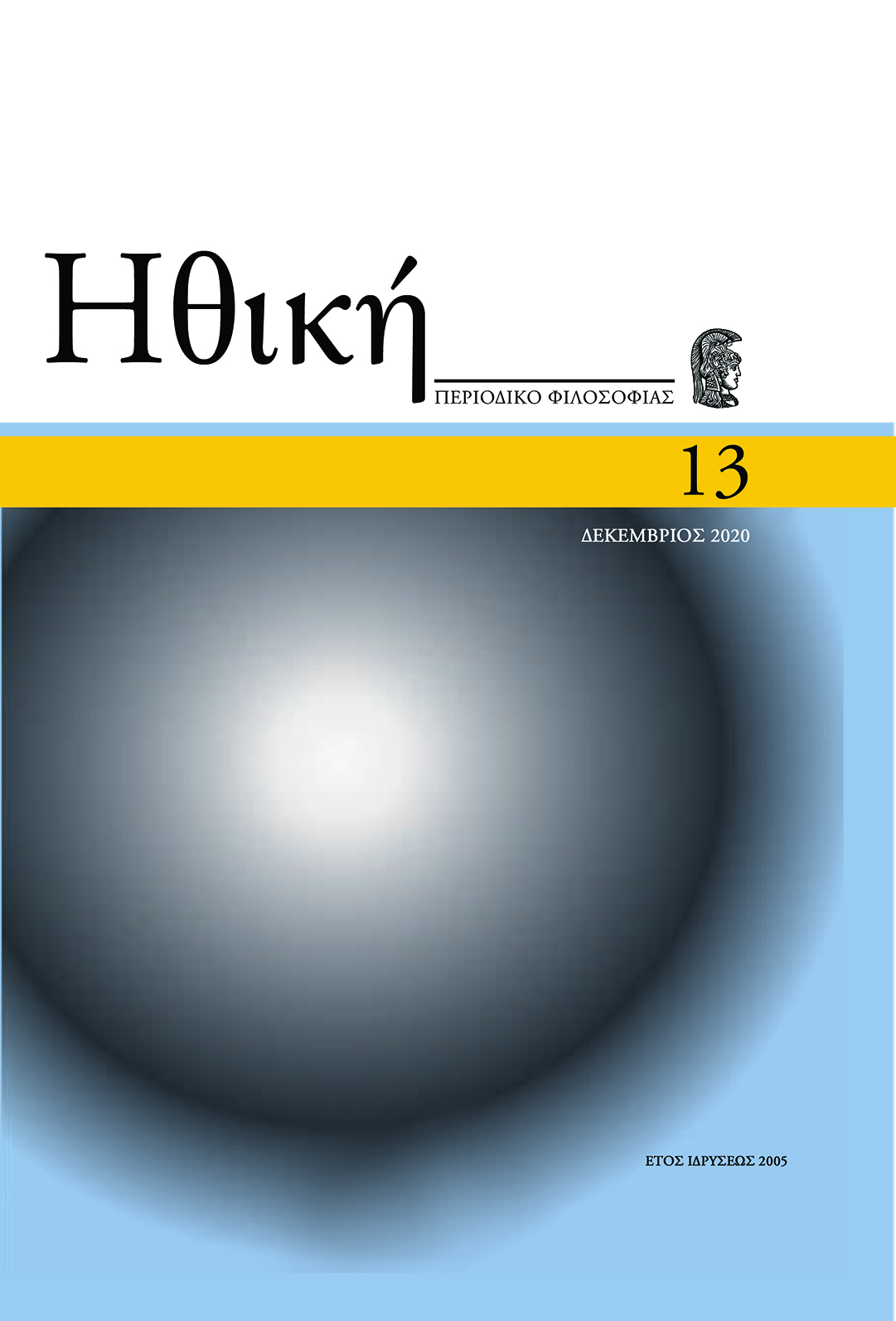In the quest of a novel BTI (bio-technical identity) Beyond the ontology of the human person
Abstract
The intuitions and imagination of human visionaries about the infinite possibilities of scientific research and technology are creatively haunting the quest of our species to expand knowledge in the micro-cosmos and the vast space. Since 19th century French writer Jules Verne (1828-1905) and English writer Mary Shelley (1797-1851) had already traced the path to our days and beyond.They were followed by an infinite series of great intuitionists, who were not mere futurists like H.G. Wells, Ray Bradbury, Aldous Huxley, George Orwell, Isaac Asimov, Arthur Clarke, John Brunner and many more. Scientific endeavors and achievements transform the qualities of life and foster social institutions in various ways. The paper deals with a prevailing technological phenomenon, the scientific capacity of gene-editing, promoting thus the emergence of a virtual novel identity. The new achievements in sciences encourage the expression of human free-will allowing for physical and other enhancements or alterations, in reference to biological and technological features that may lead to a new bio-techno-identity (let us call it BTI). The paper reflects on the issue of “enhancing” the established concepts for defining a human being and a human person; it also puts forward the possibility of conducting a theoretical and field research
examining -and evaluating- the issue and the mechanisms of BTI formation,
reassessing all traditional qualities and novel characteristics attributed to humans by the applications of Biotechnology.The issue is eventually approached under the standpoints of Ethical Philosophy, Sociology, Biology, Orthodox Theology and Law. The analysis discusses intuitions in sci-fi literature and cinematography in comparison to reality i.e. the multitude of assisted reproduction technologies, embryonic and genetic labs, implants and even cloning in Western Societies.
Article Details
- How to Cite
-
Theologou, K. (2021). In the quest of a novel BTI (bio-technical identity) Beyond the ontology of the human person. Εργαστήριο Φιλοσοφία-Διακυβέρνηση-Οικονομία "Ηθική", (13), 64–71. https://doi.org/10.12681/ethiki.25986
- Issue
- No. 13 (2020)
- Section
- Άρθρα
- Οι Συγγραφείς διατηρούν τα Πνευματικά Δικαιώματα και χορηγούν στο περιοδικό το δικαίωμα της πρώτης δημοσίευσης ενώ ταυτόχρονα τα πνευματικά δικαιώματα της εργασίας προστατεύονται σύμφωνα με την Creative Commons Attribution License που επιτρέπει σε τρίτους - αποδέκτες της άδειας να χρησιμοποιούν την εργασία όπως θέλουν με την προϋπόθεση της διατήρησης των διατυπώσεων που προβλέπονται στην άδεια σχετικά με την αναφορά στον αρχικό δημιουργό και την αρχική δημοσίευση σε αυτό το περιοδικό.
- Οι Συγγραφείς μπορούν να συνάπτουν ξεχωριστές, και πρόσθετες συμβάσεις και συμφωνίες για την μη αποκλειστική διανομή της εργασίας όπως δημοσιεύτηκε στο περιοδικό αυτό (π.χ. κατάθεση σε ένα ακαδημαϊκό καταθετήριο ή δημοσίευση σε ένα βιβλίο), με την προϋπόθεση της αναγνώρισης και την αναφοράς της πρώτης δημοσίευσης σε αυτό το περιοδικό.
- Το περιοδικό επιτρέπει και ενθαρρύνει τους Συγγραφείς να καταθέτουν τις εργασίες τους μέσω διαδικτύου (π.χ. σε ένα ακαδημαϊκό καταθετήριο ή στους προσωπικές τους ιστοσελίδες) πριν και μετά από τις διαδικασίες της δημοσίευσης, καθώς αυτό μπορεί να οδηγήσει σε παραγωγική ανταλλαγή ιδεών και σκέψεων καθώς επίσης και σε γρηγορότερη και μεγαλύτερη χρήση και ευρετηρίαση της δημοσιευμένης εργασίας (See The Effect of Open Access).



